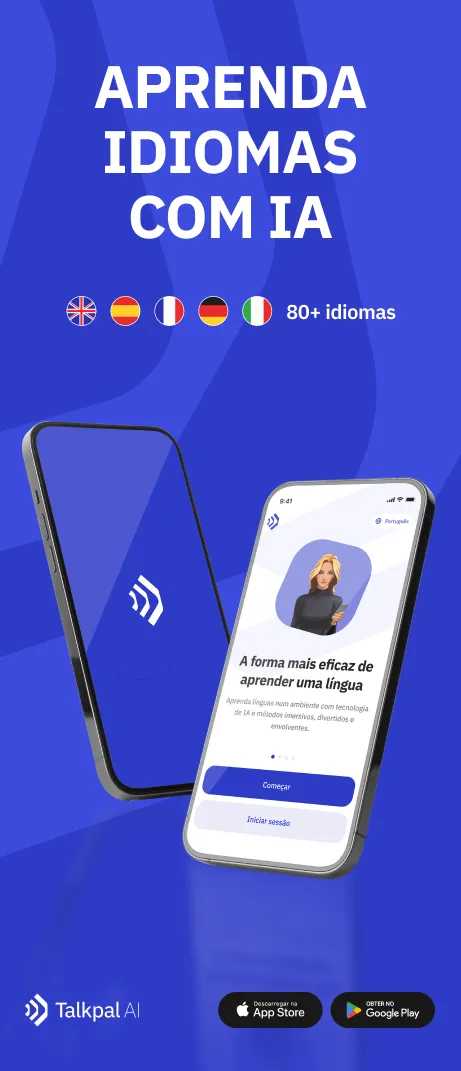Através de frases cuidadosamente selecionadas, os alunos terão a oportunidade de preencher as lacunas com a forma verbal adequada. Com a prática regular, os estudantes podem melhorar significativamente sua habilidade de reconhecer e utilizar os diferentes tempos verbais no inglês, uma competência vital para a fluência no idioma.
Exercício 1: Presente Simples vs. Presente Contínuo
She *eats* (eat) breakfast at 7 AM every day.
I am *reading* (read) a very interesting book right now.
He never *drinks* (drink) coffee in the evening.
They are *studying* (study) for their exams this week.
It usually *rains* (rain) in April.
Are you *watching* (watch) the news at the moment?
She *does* (do) her homework in the afternoon.
Carlos *works* (work) as a teacher.
The earth *revolves* (revolve) around the sun.
I am not *feeling* (feel) well today.
He *plays* (play) soccer every Saturday.
They often *go* (go) to the gym after work.
She *is* (be) always late for meetings.
The children *are* (be) doing their chores right now.
My cat *likes* (like) to sleep under the bed.
Exercício 2: Passado Simples vs. Passado Contínuo
Last night, I *watched* (watch) a movie with my family.
While we were walking home, it *began* (begin) to rain.
She *was reading* (read) a book when I called her.
Did they *eat* (eat) at that new restaurant last weekend?
I *did not understand* (not understand) the question.
He *was talking* (talk) on the phone for hours yesterday.
When I arrived at the party, everyone *was dancing* (dance).
We *visited* (visit) the museum while we were on vacation.
My brother *flew* (fly) to New York last month.
Were you *listening* (listen) to music when I saw you?
I *didn’t see* (not see) you at the gym yesterday.
The kids *were playing* (play) in the park all afternoon.
She *drove* (drive) to the seaside on Sunday.
They *were watching* (watch) TV when the power went out.
I *met* (meet) my best friend while I was studying in Spain.










